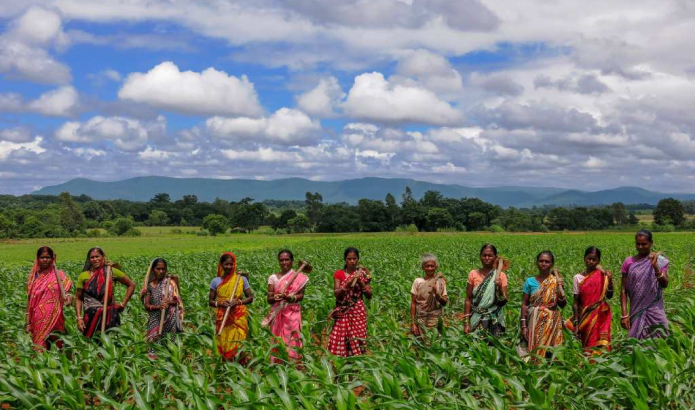How community ownership sustains water conservation

In the tribal regions of eastern and central India—where PRADAN has worked for 40 years—there is a large vulnerable population of small and marginal farmers, who primarily practise rainfed agriculture on their farms and also rely on forests. These areas receive high rainfall but the rainwater runs off because of the hilly terrain, which results in high water insecurity. Watershed development efforts by the state governments of Madhya Pradesh, Chhattisgarh, Odisha, West Bengal, and Jharkhand have had limited impact due to suboptimal investments. And in most cases, tribal communities were absent both in the planning and the implementation. When communities have limited involvement in the plans and decisions being made, they are unable to link development initiatives to their own lives and livelihoods. A water conservation system can be successful and self-sustaining only when it is built around the community’s vision of a better life and their livelihood plans. It must also take into account the needs of both people and animals—this has been a significant learning for us at PRADAN.

